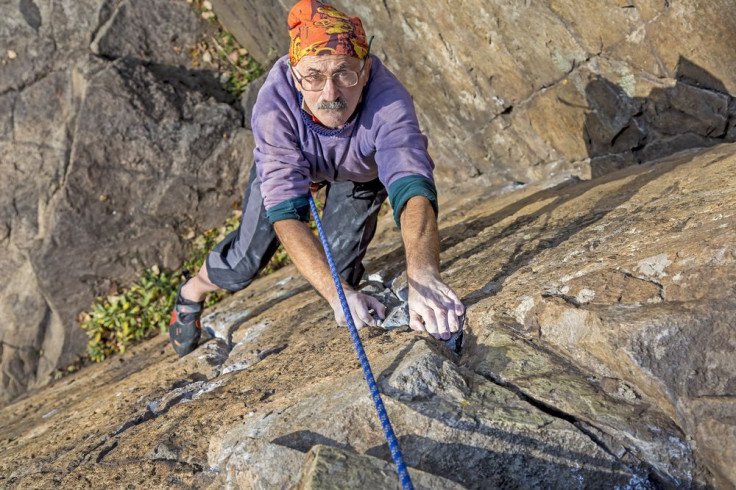Physical Activity's Effect On The Brain: Seniors Who Exercise Protect Their Movement From Cognitive Decline

Damage to small areas of the brain known as "white matter hyperintensities" is often linked to problems with movement. As a person gets older, these movement problems, like difficulty walking or standing up, can have a detrimental effect on life. A recent study published in Neurology, the medical journal of the American Academy of Neurology, has found that staying physically active can protect seniors against the effects of brain damage, including movement abilities.
"These results underscore the importance of efforts to encourage a more active lifestyle in older people to prevent movement problems, which is a major public health challenge," Dr. Debra A. Fleischman, from the Rush University Medical Center in Chicago, said in a statement. "Physical activity may create a 'reserve' that protects motor abilities against the effects of age-related brain damage."
Fleischman and her colleagues fitted 167 seniors around the age of 80 with movement monitors on their wrist that were used to measure exercise and non-exercise activity for up to 11 days. Researchers also used 11 tests of their movement abilities to rank their activity levels and MRI scan to determine the volume of white matter hyperintensities in the brain. Participants in the top 10 percent in activity level walked at 2.5 mph for an additional 1.5 hours a day compared to those in the 50th percent.
The average score on movement tests among all participants was 1.04. Participants in the top 10 percent in activity level with greater amounts of brain damage did not change their scores of movement tests. On the other hand, participants in the 50th percent in activity level with greater amounts of brain damage also recorded lower scores on their movement tests. These participants’ scores ranged from 1.16 among those with the lowest amount of brain damage to 0.9 among those with the highest amount of brain damage.
For seniors looking to improve upon both their physical and mental health, a recent study highlighted the positive effects of short high-intensity workout. Researchers from the Scottish Abertay University tracked the overall health of 12 seniors who completed six seconds of high-intensity exercise bike riding twice a week for six weeks. In the short-term, High-Intensity Training (HIT) reduced participants' blood pressure and made everyday activities, such as walking or getting out of a chair, a lot easier.
Source: Camicioli R, Verghese J, Fleischman D, et al. Physical activity, white matter hyperintensities, and motor function. Neurology. 2015.
Published by Medicaldaily.com



























